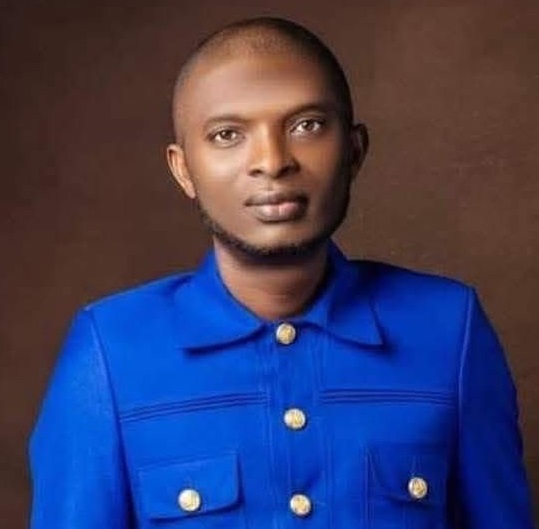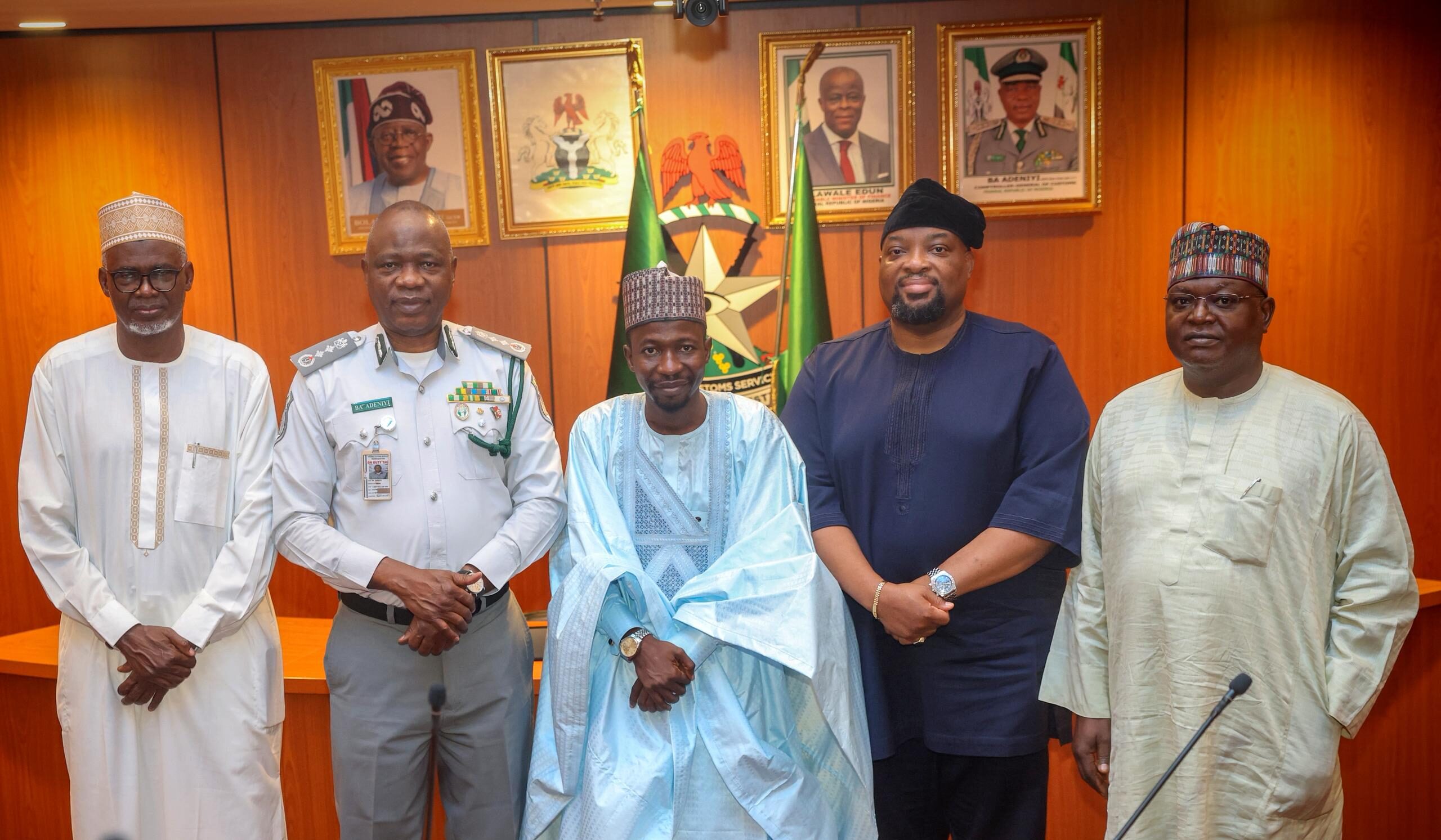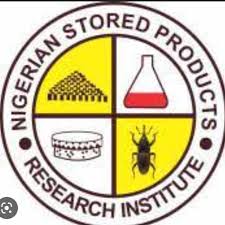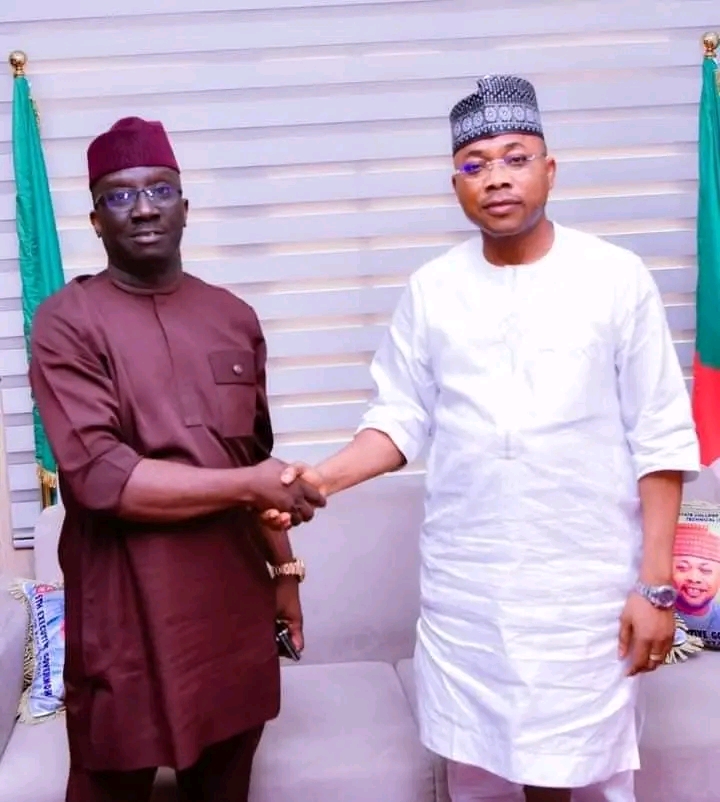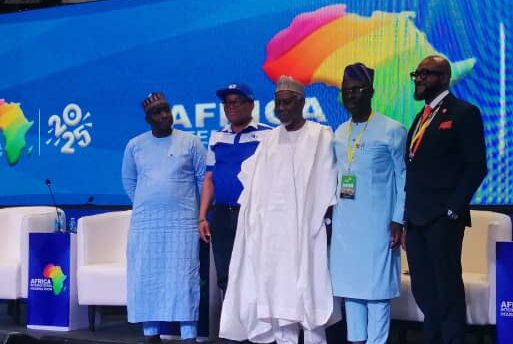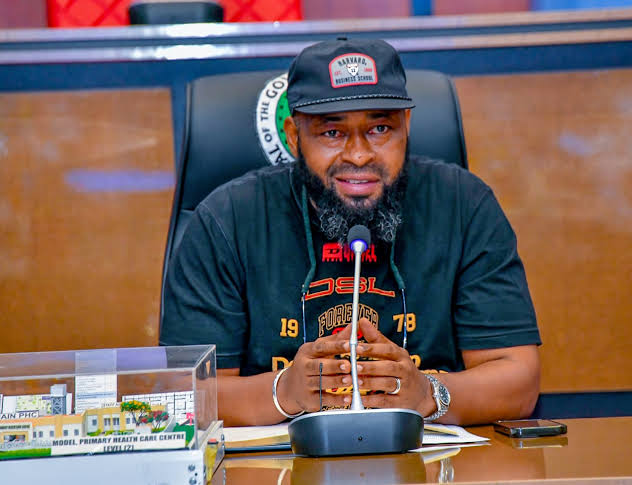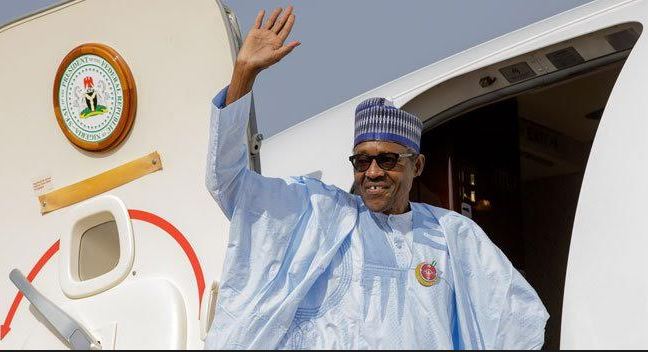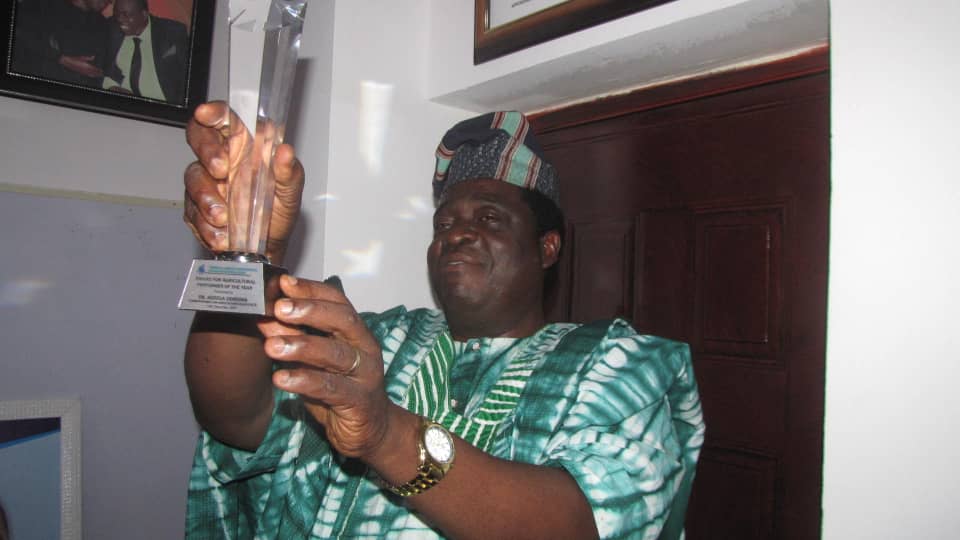By: Goodluck E. Adubazi, Abuja.
For decades, the dusty road to Upake, a remote agrarian community nestled on the edge of Ajaokuta Local Government Area in Kogi State—has remained a symbol of both resilience and neglect. Despite being rich in natural resources and strategically located near the Edo State border, Upake and its 13 neighboring wards have lived with the consequences of government inaction—cut off, overlooked, and underserved.
But that might be about to change.
With the launch of the Renewed Hope Ward Development Programme (RHWDP), part of President Bola Ahmed Tinubu’s Renewed Hope Agenda, a new wave of optimism is sweeping through Nigeria’s forgotten wards.
The initiative, aimed at bringing development closer to the grassroots, could not have come at a more critical time.
Upake: A Community Waiting to Breathe
In Upake, farmers like Adavuruku, Ozahachi, Omeiza, and Audu—a 58-year-old cassava farmer—walk for miles to transport their produce to the nearest market, often through muddy bush paths and broken tracks. “We have land, we have fish, we have palm oil. But we don’t have a road,” he says. “We are not lazy. We only need help.”
Local youths, many of whom have never seen a functioning clinic or a standard school, believe this program is the lifeline they’ve been praying for.
“I don’t want to leave my village,” says Rebecca Otupuru, a 17-year-old student who dreams of becoming a nurse. “But if nothing changes, I’ll have to go to the city. Here, we are on our own.”
A Presidential Call to ‘Wet the Grass’
Recently, President Tinubu urged state governors to “wet the grass”—a metaphorical call to bring the dividends of democracy to the grassroots. The video clip of this call circulated widely, triggering conversations across the country.
But what does “wetting the grass” mean in real terms? It means connecting roads like that of Upake to Edo, opening access to markets in Benin, Abuja, and Port Harcourt, and giving local governments the power and funding to prioritize what their people actually need.
A Call to Action for Kogi and Edo
This is more than just infrastructure. It is about dignity—about fulfilling the biblical wisdom that calls on us to speak up for those who cannot speak for themselves (Proverbs 31:8). It is about bearing one another’s burdens (Galatians 6:2).
That is why this article is a direct appeal to Governor Usman Ododo of Kogi State and Governor Monday Okpebholo of Edo State. It is a shared responsibility.
If these two leaders join hands under the Renewed Hope Ward Development Programme (RHWDP), they can link their communities in a way that transforms not just trade and transport, but the very lives of the people.
Ajaokuta’s 14 Wards: Rising or Falling Together
Beyond Upake, other wards in Ajaokuta LGA face similar challenges—poor road access, unreliable power, and a lack of health services. The Renewed Hope Ward Development Programme offers a golden opportunity for tailored, community-led development.
But failure to act now risks missing what could be the most inclusive development initiative in recent memory.
Let the People Be Heard
From fish farmers in Upake, to traders in Geregu, to teachers in Adogo, the message is the same: “We are ready to grow. We just need the road.”
The Renewed Hope Ward Development Programme should not be another policy on paper. It must be a people-first movement, rooted in listening to the voices in every ward and turning their needs into actionable development.
In the words of Romans 12:5:
“If one member suffers, all suffer together; if one member is honored, all rejoice together.”
Let us not leave any ward behind.
Goodluck Emmanuel Adubazi is a development journalist and correspondent with Standard Times Nigeria Newspaper. He is also a concerned Kogi citizen and an illustrious son of Upake in Ajaokuta.



